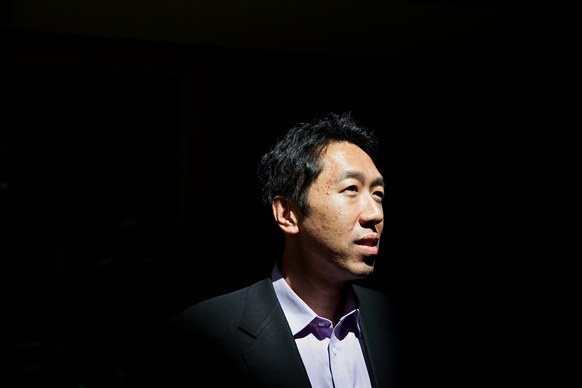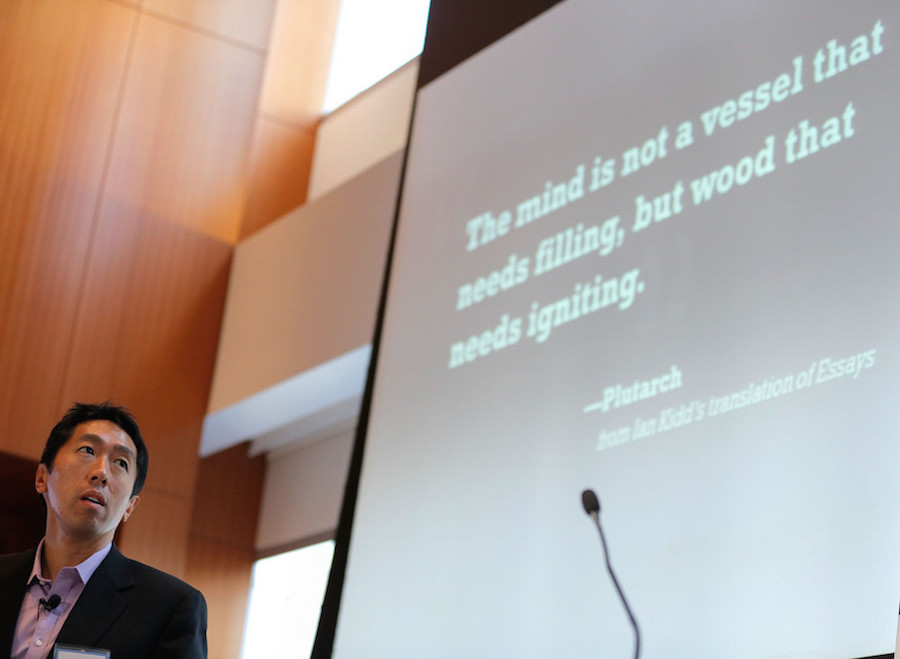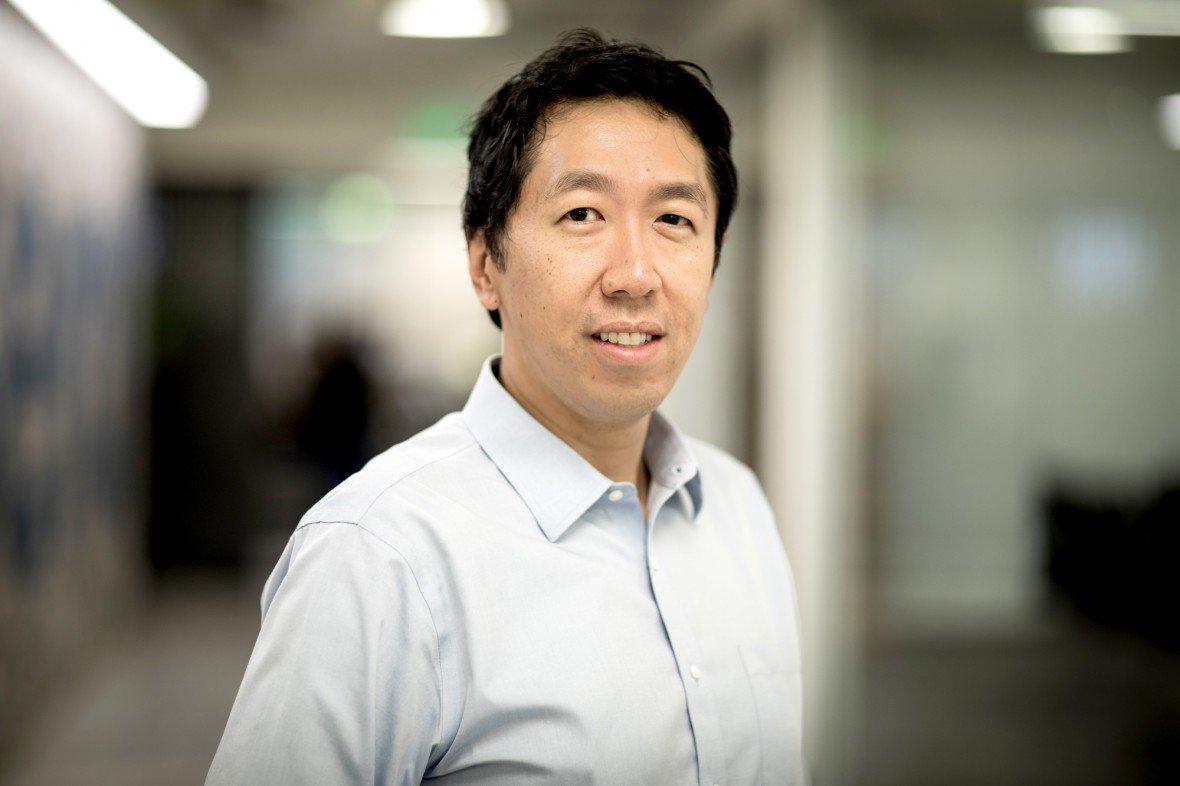Andrew Yan-Tak Ng is a Chinese American computer scientist. He is the former head of AI initiatives at Google and chief scientist at Baidu, founder and CEO of landing.ai, deeplearning.ai and Coursera. He is also an adjunct professor at Stanford University.
Andrew Ng thinks that AI is the new electricity. He recently shared his views while speaking to The Wall Street Journal.
Q: What is the biggest barrier manufacturing companies face when trying to leverage AI in their systems?
Ans: The technology is quite complex. Few teams understand it well enough to implement the technology effectively. Outside the technology industry, few companies have enough access to AI talent. The strategy of integrating AI is as complex as the technology. It involves data acquisition, organizational structure design, prioritizing AI projects, and more. Compounding this, good AI strategists are even rarer than good AI technologists. The barriers also include cultural challenges, that, of course, will take time to overcome, particularly related to how jobs will change. Companies will need to embrace retraining and become more rigorous about the training that’s offered to today’s workers in order to prepare them for tomorrow’s jobs.
Q: Are the AI-related solutions to manufacturing issues just emerging, or do they exist in some places but are not widely embraced?
Ans: They exist in some places but haven’t fully been embraced yet, given one of the biggest barriers mentioned previously — the complexity of the technology and lack of resources. This is where Landing.ai will focus. Landing.ai will help enterprises with this transformation. To do this, we are developing a wide range of AI transformation programs, from the introduction of new technologies to reshaping organizational structure, to employee training, and more.
Q: Do the manufacturing companies you are approaching recognize the potential of AI or are you doing a lot of educating and convincing?
Ans: Most companies are aware that AI represents a huge opportunity to improve their capabilities, and many are figuring out their plans and strategies to integrate AI into their manufacturing companies. However, the relevant AI technology is still very complex, and very few teams in the world understand AI well enough to implement them effectively. There is not enough talent, expertise and training opportunities available for manufacturing companies to allow them to capture this opportunity.

Q: When you talk about AI and manufacturing, is it primarily about gaining greater efficiency and flexibility, or do you envision that AI-driven manufacturing will enable new types of products?
Ans: Both. AI has the potential to pave the way for manufacturing to power a new generation of productions, devices, and experiences. Because the technology is so well-suited to address the challenges facing manufacturing, such as variable quality and yield, inflexible production line design, inability to manage capacity, and rising production costs, AI can help improve quality control. It can also help shorten design cycles, remove supply-chain bottlenecks, reduce materials and energy waste, and improve production yields.
Additionally, in developing economies, the AI transformation of manufacturing will accelerate the affordability of products ranging from antibiotics to bicycles to computers. It will also help small-scale producers sell products to and benefit from global supply chains. In developed economies deeply integrating AI into manufacturing will pave the way for a new generation of products, devices and experiences.
Q: Given the many directions you could have pursued related to AI why did you choose manufacturing?
Ans: The IT industry has primarily shaped our digital environment. But manufacturing touches nearly every part of our society by shaping our physical environment. It is through manufacturing that human creativity goes beyond pixels on a display to become physical objects. By bringing AI to manufacturing, we will deliver a digital transformation to the physical world.
 Bringing AI to manufacturing will also help revitalize manufacturing jobs in the US and globally. There has been much discussion about how people will work in an AI-powered future. The next wave of manufacturing jobs will be very different than the previous one. They will be higher-level and higher paying, but also require new skills. Thus, they will require large-scale training or retraining, as mentioned above. Our team is uniquely positioned to make these efforts into a reality and we will continue to dedicate the time and resources to help move this along.
Bringing AI to manufacturing will also help revitalize manufacturing jobs in the US and globally. There has been much discussion about how people will work in an AI-powered future. The next wave of manufacturing jobs will be very different than the previous one. They will be higher-level and higher paying, but also require new skills. Thus, they will require large-scale training or retraining, as mentioned above. Our team is uniquely positioned to make these efforts into a reality and we will continue to dedicate the time and resources to help move this along.
Q: You also announced a partnership with manufacturing giant Foxconn. Has anything been put in place, or is it still in a development stage?
Ans: We have been collaborating with Foxconn since July, and are developing AI technologies, talent, and systems that build on the core competencies of the two companies. As one of the world’s leading technology service providers and a multinational company running manufacturing in several continents, Foxconn provides Landing.ai a platform to jointly develop and deploy AI solutions and training globally.
This interview was firstly published in the Harvard business review and is highly edited by the Desk Worldwide Media.






















